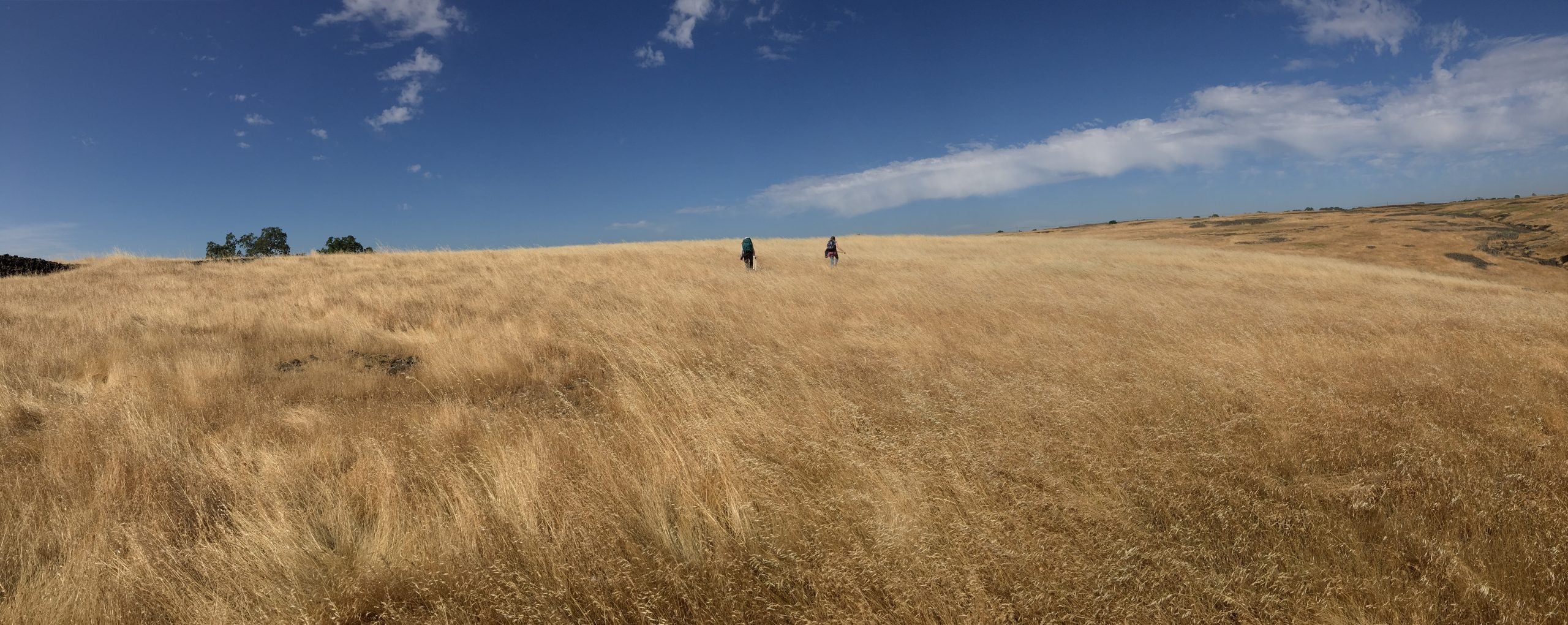Our research focuses on understanding plant responses to variable and changing environments, the mechanisms driving those responses, and the consequences for population and community dynamics. Our research generally falls into two themes:
1) understanding plant life history evolution in variable and changing environments
2) identifying the traits and mechanisms driving population and community dynamics in variable and changing environments
LIFE HISTORY EVOLUTION IN VARIABLE AND CHANGING ENVIRONMENTS
In a variable and changing world, it can be difficult, or even impossible, to time critical life history functions with favorable conditions. Our research studies the causes and consequences of life history strategies for plants in variable and changing environments, how optimal strategies relate to environmental conditions, and how those responses will affect performance under future conditions. Read more about our projects here.
MECHANISMS DRIVING POPULATION AND COMMUNITY DYNAMICS
Identifying the processes that create and maintain diversity in communities is a long-standing ecological challenge. Most theories for how species stably coexist require them to have ecological differences. Our research seeks to identify the traits driving those differential responses to the environment, evaluate the consequences for individual performance and demographic rates, and how those patterns scale to affect distributions in communities and beyond. See more about these projects here.
